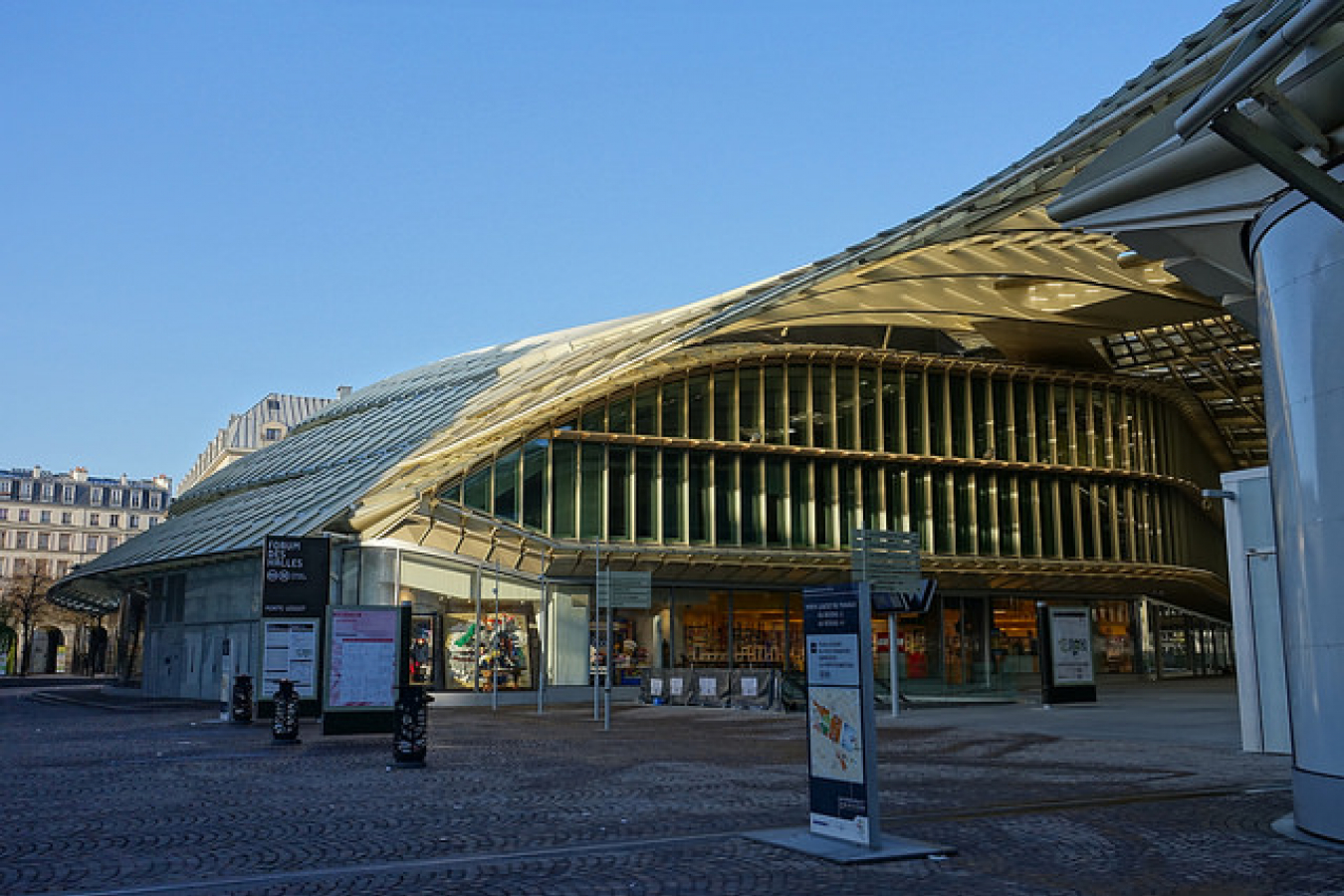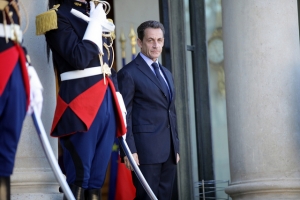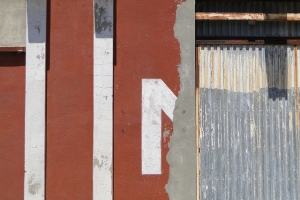Support migrant centric journalism today and donate

 • Watch This Video
• Watch This VideoLast week the French Parliament passed legislation into law to overhaul immigration policy. Most of the new rules make obtaining a visa or work permit much more difficult, and it abolished an old policy of granting legal status to illegal immigrants who could document ten years of residency.
However, there were very serious concerns about the treatment of school-age children of illegal immigrants. In a promise to deport at least 26,000 illegal immigrants this year, the French government did not make a specific policy announcement regarding children. Many liberal-leaning groups, including the Catholic Church, immediately called for a humane and reasoned approach toward children.
Previously, a temporary order was in place preventing the detention and deportation of school-aged children until 01 July of this year. On the expiration of that moratorium, the French government announced it would be granting amnesty for thousands of children enrolled in French schools and their families.
While the government had kept its options open, not making a policy statement for or against deportation of illegal immigrants in this class, many organizations feared the deportation of students. A number of news reports were filed alleging that the French government was planning to expel the students and their families, despite repeated denial by the government.
In an interview appearing in Le Monde newspaper Paris police chief Yannick Blanc said "We know that we are going to grant residency papers to several thousand families." Last month, Interior Minister Nicolas Sarkozy -- the centre-right frontrunner for next year's presidential election -- told regional authorities to reconsider cases on the basis of new criteria, such as whether a child has "strong ties" to France.
The new requirements include showing that one of their children was born in France or arrived before the age of 13, has been at school in France for two years, or has no link with the country of his or her parents.
Immediately, thousands of parents began queuing up outside processing centers, often carrying items such as their children's report cards and sports trophies, hoping to qualify for residency papers.
Blanc said that so far 2,300 families have been granted appointments in Paris, with more expected. He warned not everyone would qualify.
The controversy revolved around the fact that French schools are obliged to take in children regardless of whether they are in the country legally. The government had expressed its concern that to give residency rights to all pupils' families would encourage illegal immigration.
The Education Without Borders Network (RESF), which has coordinated the protest campaign, estimates that between 50,000 and 100,000 children of illegal immigrant families are in the French school system. RESF has made statements indicating that the new requirements don't go far enough, and that many other children and their families will be left out of the amnesty offer.
Critics drew a parallel with the hunt for Jewish children during World War II at several points. The government responded by symbolically appointed lawyer Arno Klarsfeld, the son of the French Nazi-hunter Serge Klarsfeld, as mediator with the families concerned. Blanc meanwhile told Le Monde that fears children would be tracked down over the summer months were "illegitimate" and "verging on slanderous" towards police officers.
Blanc stressed there were no plans for a blanket amnesty of France's estimated 200,000 to 400,000 clandestine immigrants. Under the Socialist government in 1997-1998 when 80,000 people benefited from the measure.
Related:
• French Parliament approves new immigration legislation
• French government faces challenges with immigration laws





















